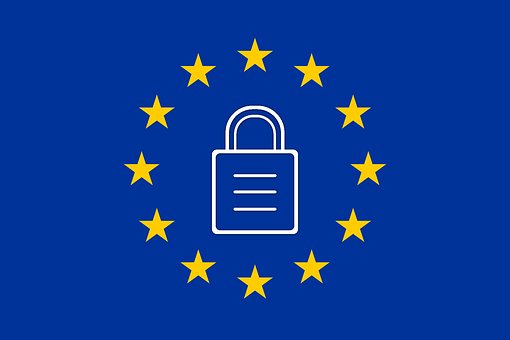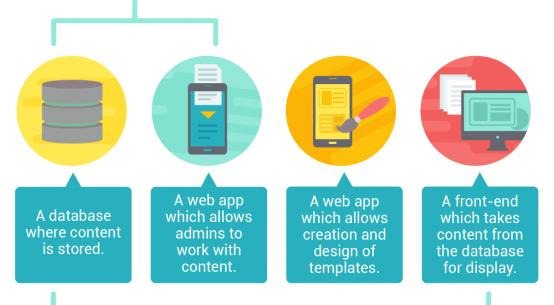
For marketers, the clock is ticking. It’s now less than a year until the biggest shake-up to data law in a generation, comes into force. When the EU’s General Data Protection Regulation (GDPR) comes into effect in May 2018 it will change the way customer data is collected and used forever.
The GDPR’s far-reaching effects seek to improve and simplify data protection for EU citizens and give them more power over their data. Every European citizen will have the right to know which of their personal data is being stored, what it is being used for, as of next year. Focusing on accumulating and processing important, useful, and the legally compliant information is a necessity – and if the GDPR provides some incentive for that, then both marketers and the relationships with their customers will benefit. As an industry, we marketers have done a pretty bad job at self-regulating, being systematically lazy with data – as such we should view GDPR as a much-needed catalyst for positive change.
It’s time marketers to take charge
It is the optimum time for marketers to take charge, connect disjointed journeys and experiences, and begin a revolution in terms of data-culture. Consistency is key in creating compliant marketing that delights the consumer. Teams must be aligned on campaigns and priorities. All of which, will create new ways of reporting, measuring ROI and – not to be forgotten – new ways of working. What underpins most digital marketing teams these days is a) access to data and b) the tools used to get the job done. If your marketing team is using separate tools for each channel; the CRM team has access to different data than the social team or customer service team – there is something severely wrong. Consumers are channel agnostic and are mindful of their holistic relationship with a brand. If your own infrastructure and set-up doesn’t reflect this, you will never create consistency in your teams, your culture or your customer journeys.
Context is key
GDPR will also mean that marketers will no longer be able to go to market with a channel-first approach, pushing self-serving messages to a segment of consumers. Marketers will have to “take off their marketing hats” to disseminate consumer data to contextually engage consumers, in ways that are compelling and add value.
However, there will be some resistance to this as according to research recently carried out by Selligent, which involved canvassing the views of 108 senior marketing executives, 67% of CMOs admitted to not taking advantage of contextual data and the technologies available. Furthermore, 81% revealed that they would increase their use of situational data only if their competitors started first. Failing to use contextual data results in poorly executed marketing communications – at a time where consumer attention is the most precious commodity. These ‘entitled consumers’ are digital natives with the highest expectations of marketing – they want brands to deliver relevance across everything that they do. In other words, marketers need to earn the right to gain consumers’ precious attention.
(…)


